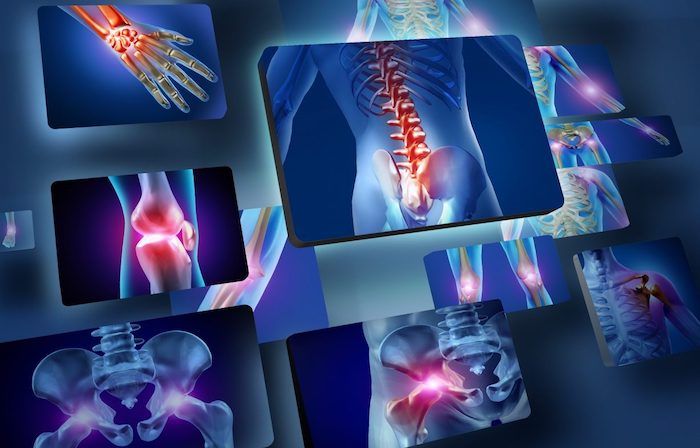
Understanding Joint Issues in Men
There are many causes of chronic joint pain — from an initial accident to repetitive wear and tear. However, certain medical conditions can contribute to pain in your knees, back, shoulders, and other areas.
What is Testosterone?
Testosterone is a hormone that helps build muscle mass, increase strength, and improve bone density. Testosterone levels naturally decline with age, but certain medical conditions or treatments can also cause low testosterone levels. Low testosterone levels can cause various symptoms, including fatigue, low sex drive, and erectile dysfunction.
Low Testosterone & Your Joint Health
It’s true that low testosterone levels (also referred to as ‘low T’) can lead to achy joints. This is because low testosterone can cause inflammation and joint pain. In addition, low testosterone can also cause muscle weakness, leading to joint pain.
Low T is very common — affecting almost 40% of men aged 45 and older. Joint pain is a common symptom of low testosterone, and it can be treated with testosterone replacement therapy.
Treating and Managing Your Joint Pain
If you are experiencing joint pain, it is essential to consult with your doctor to determine the cause. The aches and pains affecting the body can negatively impact your quality of life. Our pain management specialists and physiotherapists work with our patients to create efficient and effective treatment plans specific to their individual health needs and goals.
Precision Pain Care and Rehabilitation has two convenient locations in Richmond Hill – Queens and New Hyde Park – Long Island. Call the Queens office at (718) 215-1888, or (516) 419-4480 for the Long Island office, to arrange an appointment with our Interventional Pain Management Specialist, Dr. Jeffrey Chacko.













